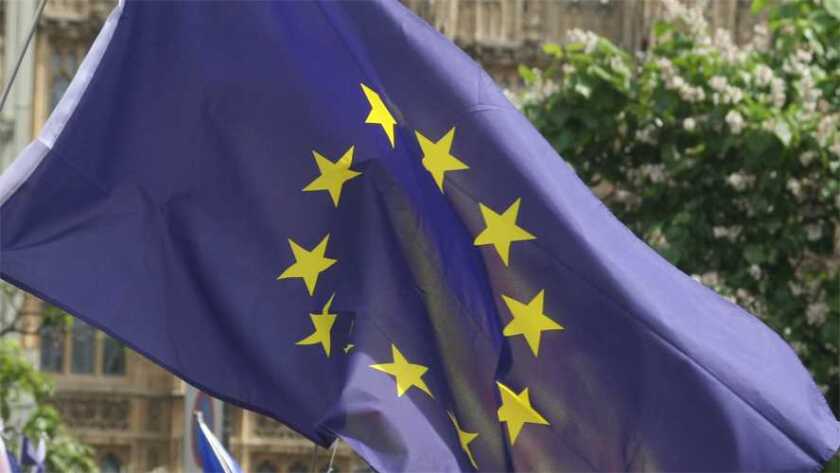The EU’s top court, the Court of Justice of the European Union (CJEU), decided last week that regulators were correct to block the tie up of Three UK and O2 in 2016.
That decision was made by the European Commission under the assumption that moving from a four to a three-player market in the UK would be harmful to competition. CK Hutchinson disagreed and disputed the decision at the EU’s General Court.
In 2020, the General Court ruled that the merger should have been approved, which was seen as a positive for consolidation among European operators.
In the UK’s latest merger between Three and Vodafone for example, the decision by the General Court to overturn the ban had been used as a signal that the deal is more likely to be approved than before.
Judges from the CJEU said on Thursday that, "the General Court must rule once more on the lawfulness of the Commission's prohibition of the acquisition of Telefonica Europe (O2) by Hutchison 3G UK (Three)."
The CJEU claimed that the General Court applied a standard of proof which does not follow from the Merger Regulation as per its interpretation and accused the General Court of making an error in law.
The CJEU also faulted the tribunal for distorting the Commission's original decision.
The decision to overturn this ruling will not be as significant for the UK as it will be elsewhere in Europe.
This time, the power will be in the hands of the Competition and Markets Authority (CMA) following the UK’s exit from the EU. But for telcos in other EU member states that have similar ambitions to Three and Vodafone, the news will be very unwelcome.
For example, the EU has already warned Orange and MasMovil it has concerns their tie up in Spain would damage competition.
“Overall, today's judgment validates our approach to merger assessment under the EU Merger Regulation," she said in a statement as she singled out deals that trigger competition concerns even if these do not create or reinforce a company's dominance,” said EU antitrust chief, Margrethe Vestager.
Telecoms lobbying group ETNO, of which Orange is a member alongside other EU operators such as Deutsche Telekom and Telecom Italia, is in favour of allowing such deals as the Orange/MasMovil transaction.
"Lack of scale in telecoms remains a major strategic weakness for the EU. Either we address it, or Europe will lose out to others in the race to network virtualisation," said Lise Fuhr, director general at ETNO, in a statement responding to the CJEU’s ruling.
Analysts from Moody’s agreed there was unlikely to be a change in the EU’s hard-line approach to consolidation and said the ruling from the CJEU was credit negative for European operators.
"This [decision] means there is likely to be continued intense competition among operators, particularly in markets with four mobile operators, reducing pricing power and weighing on credit quality," Moody’s said.






